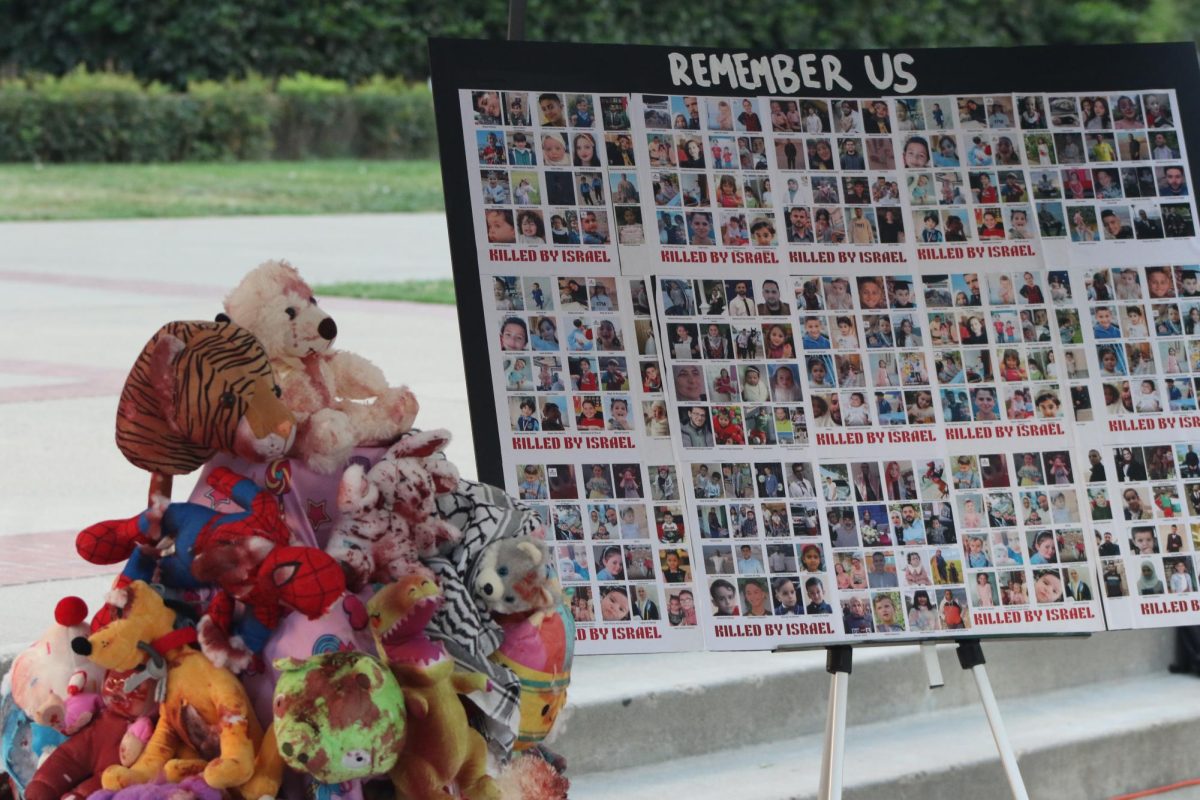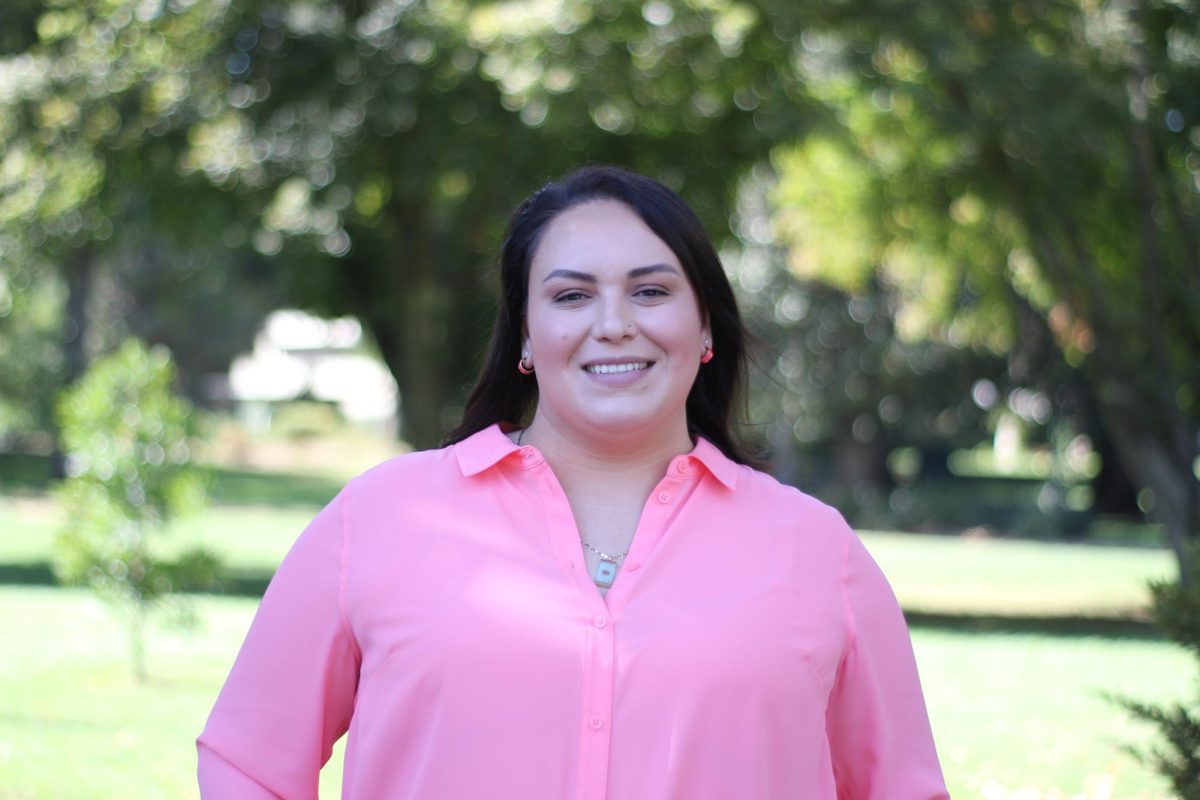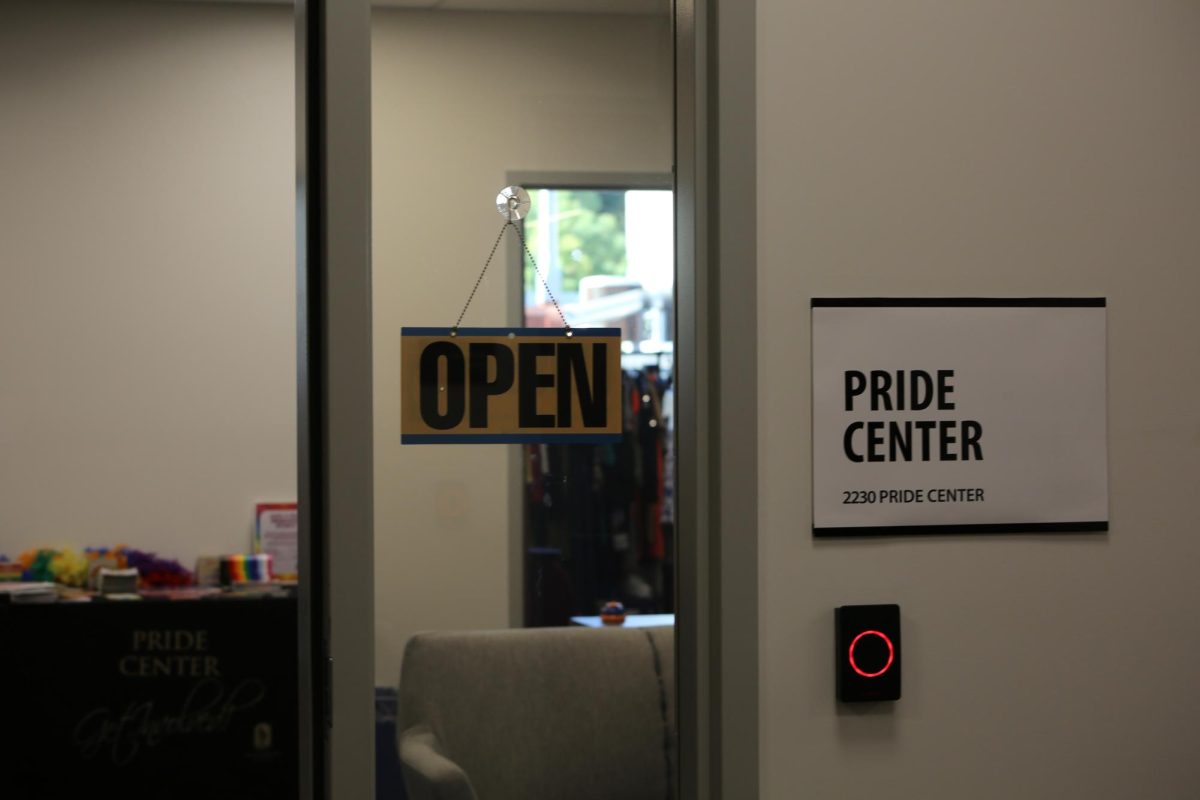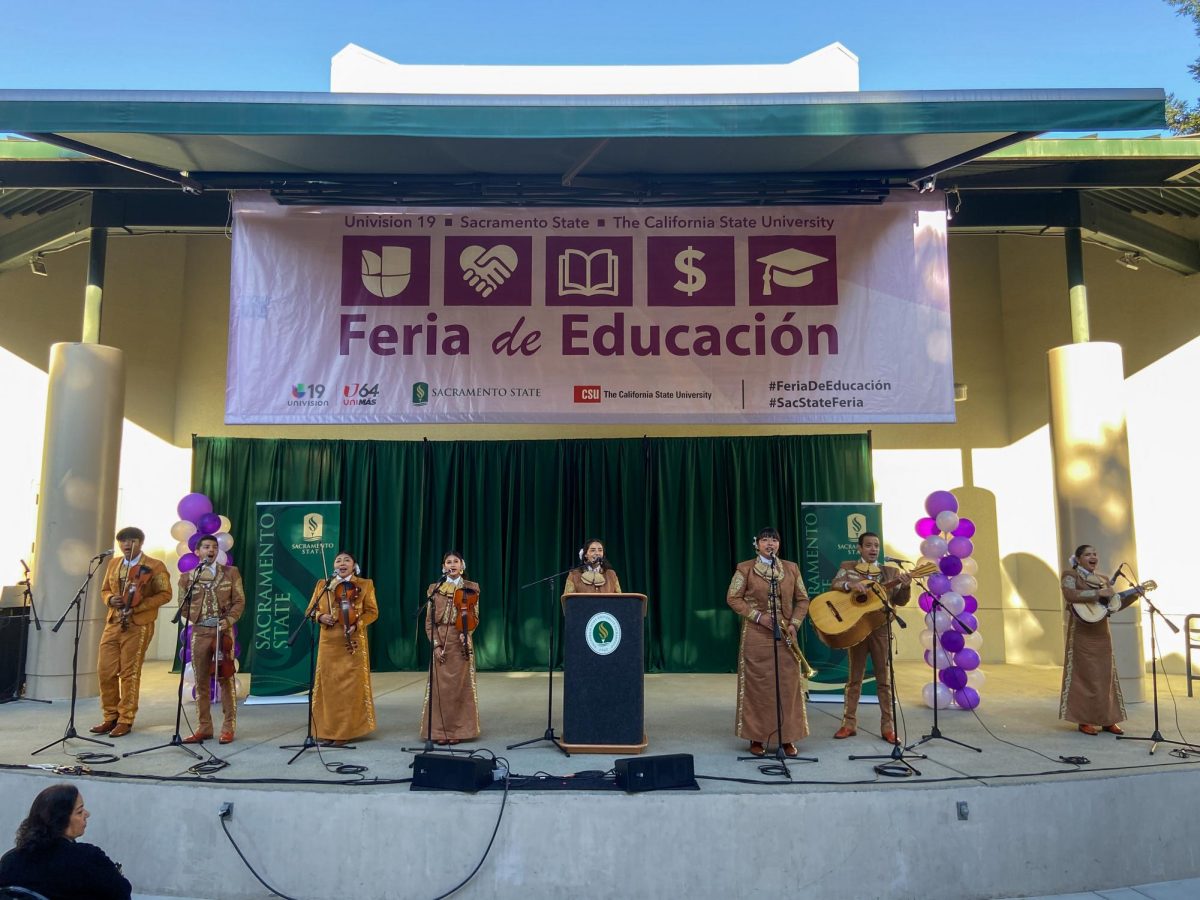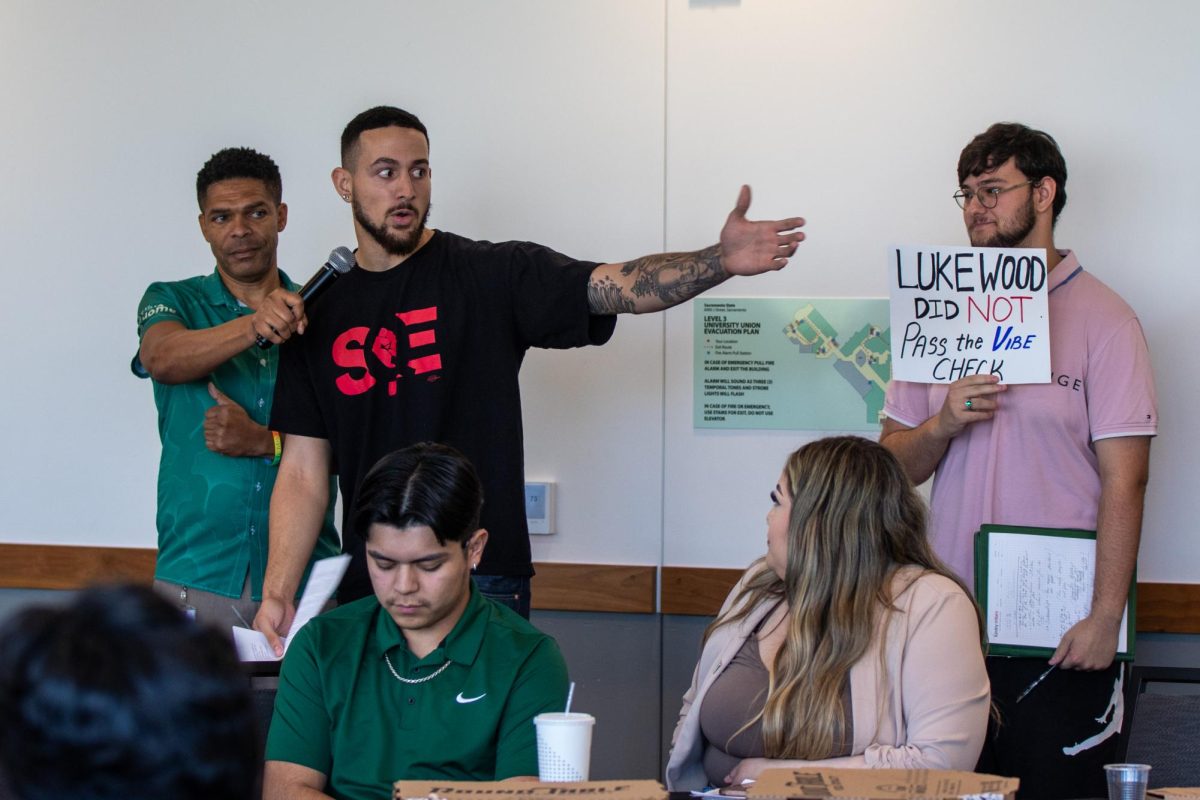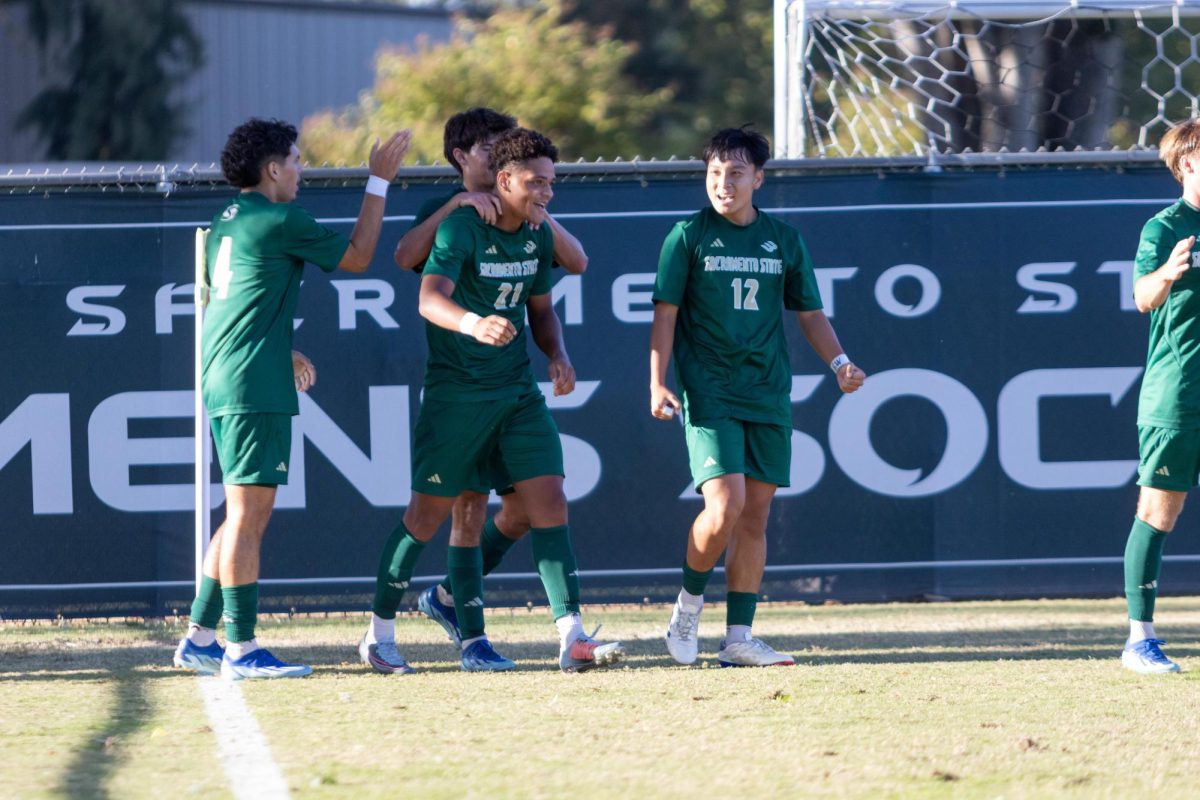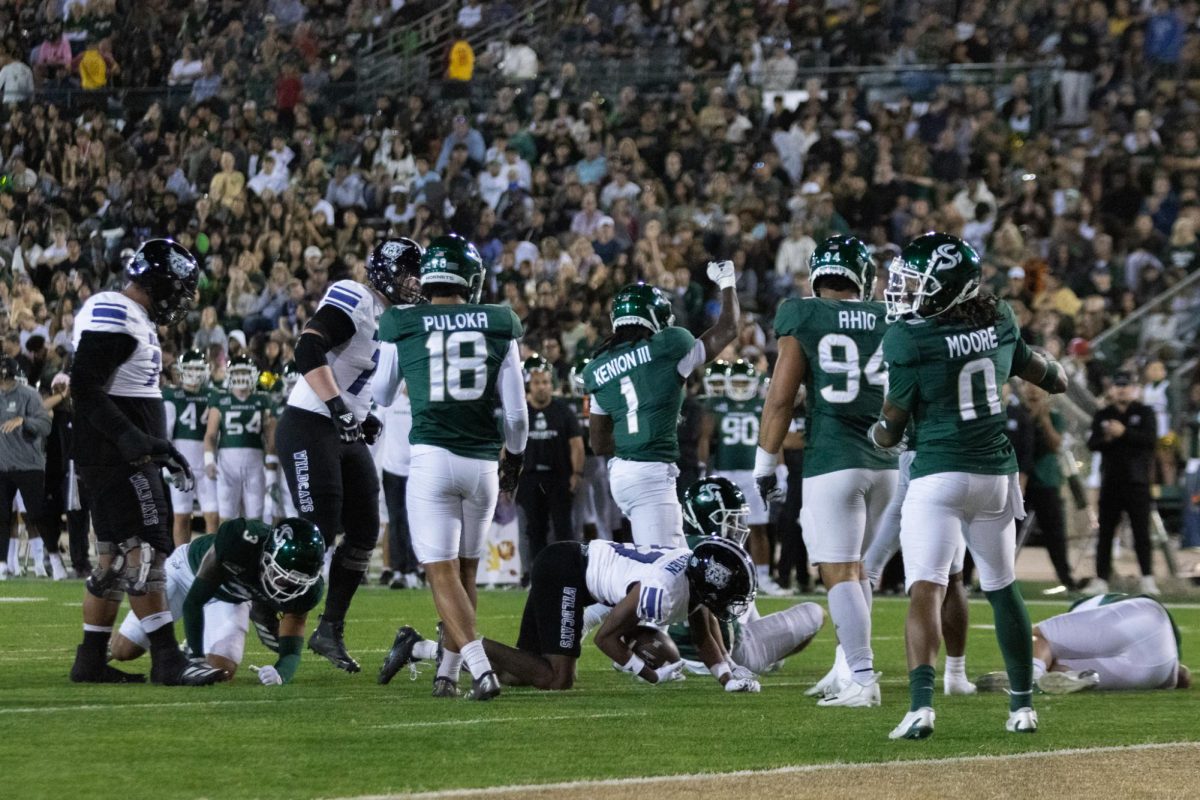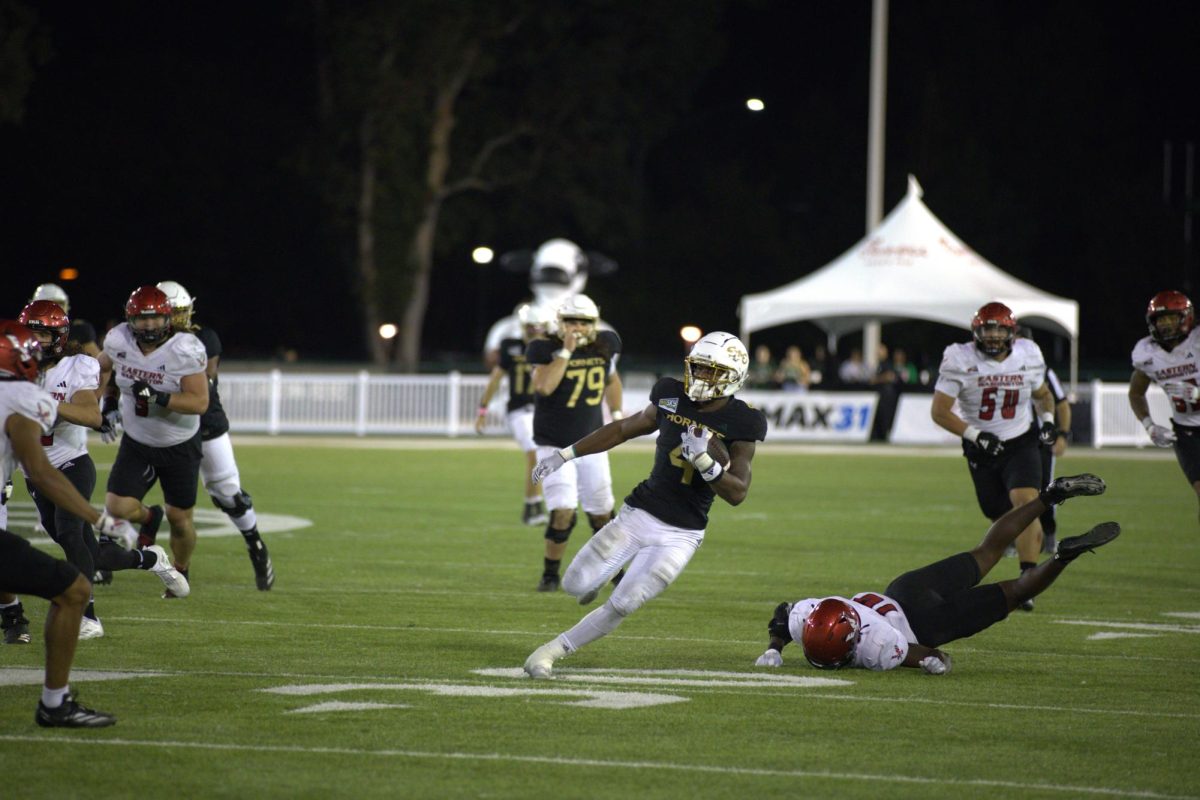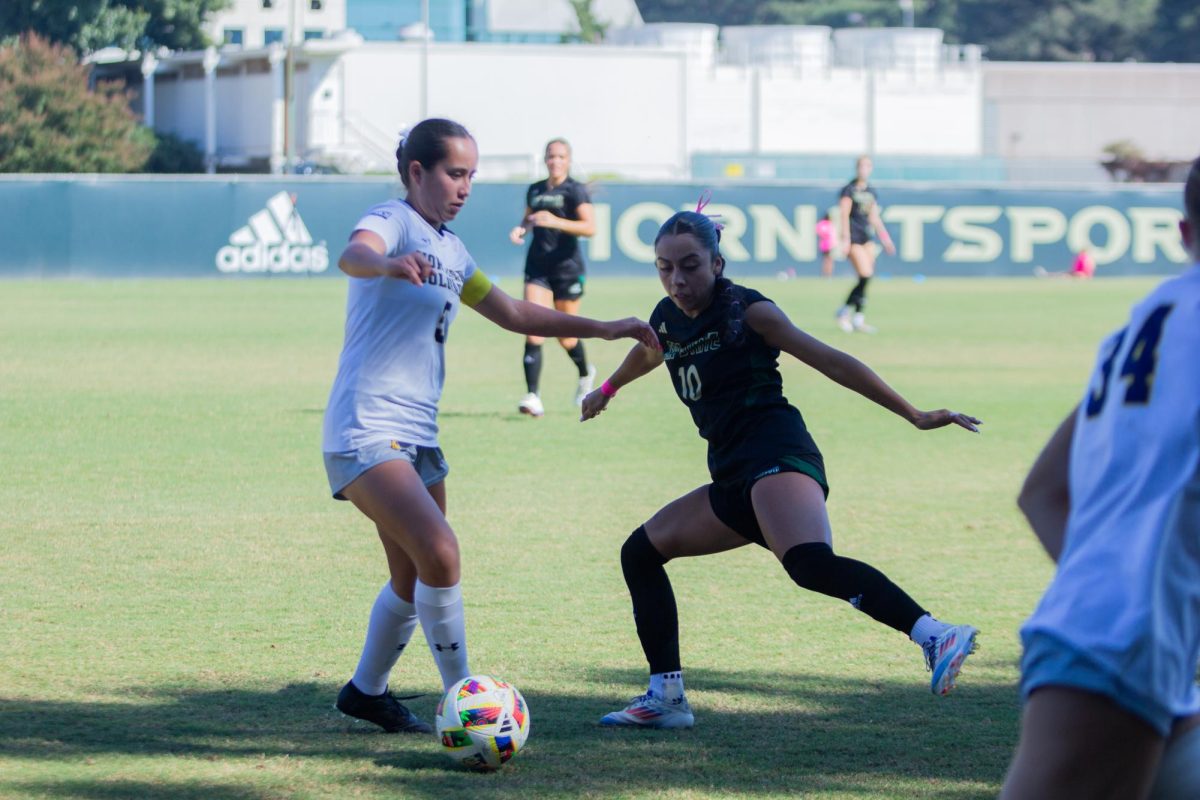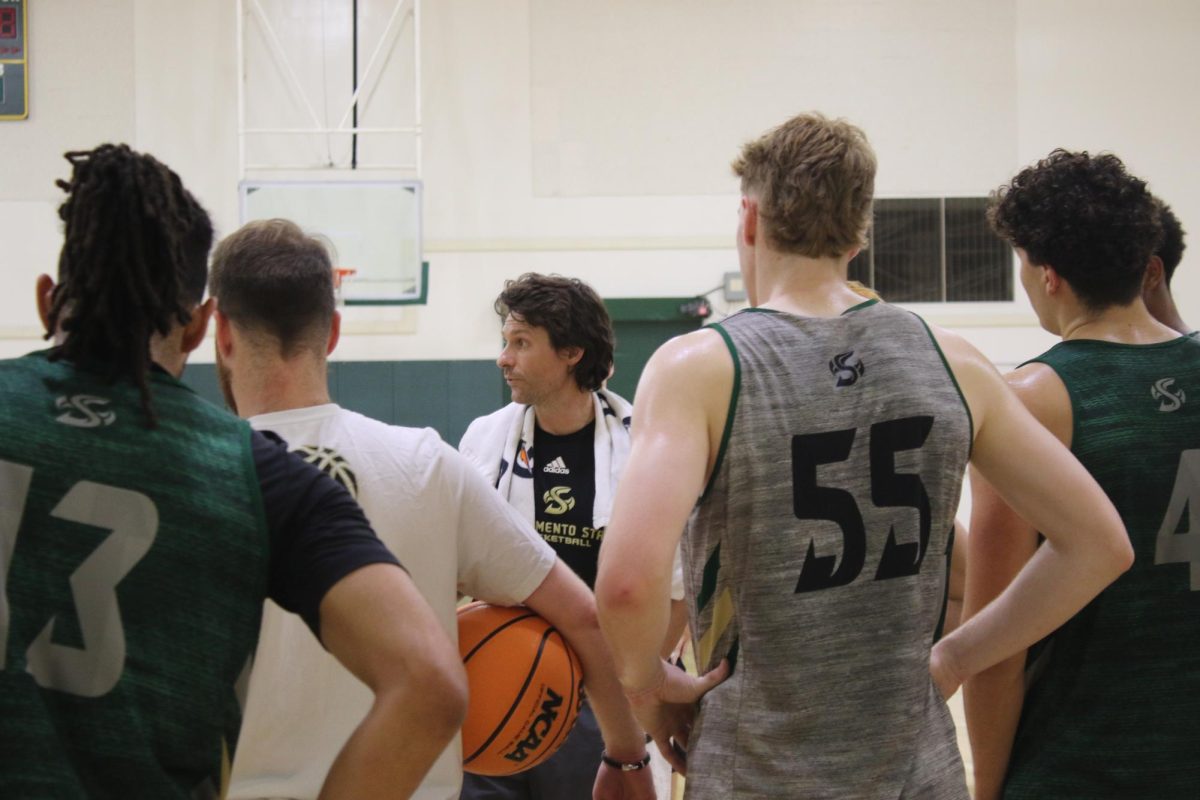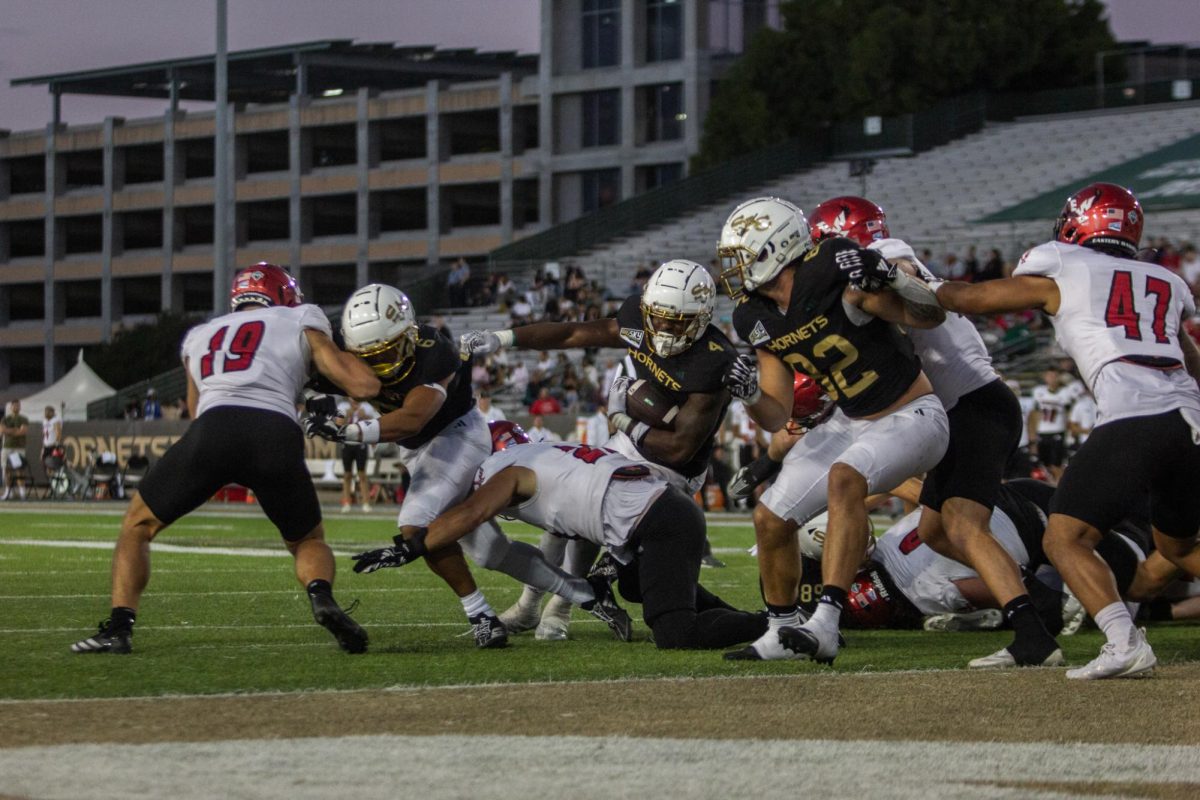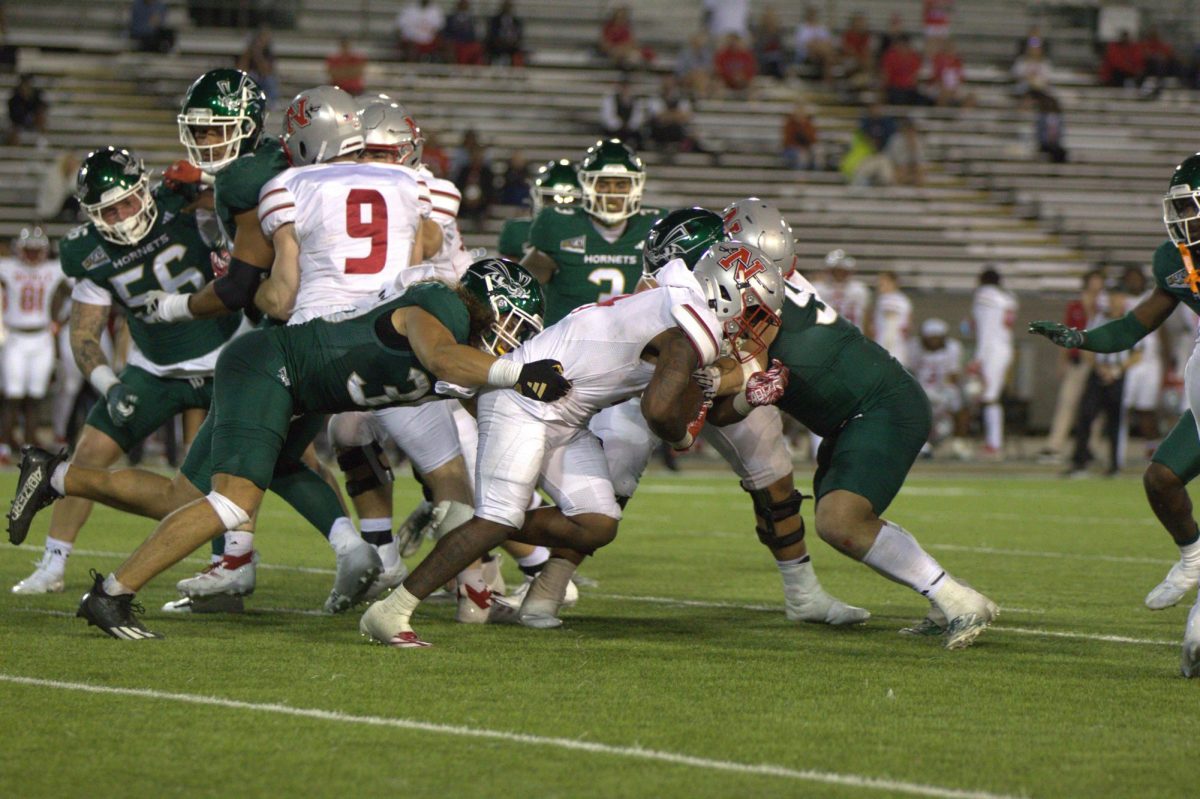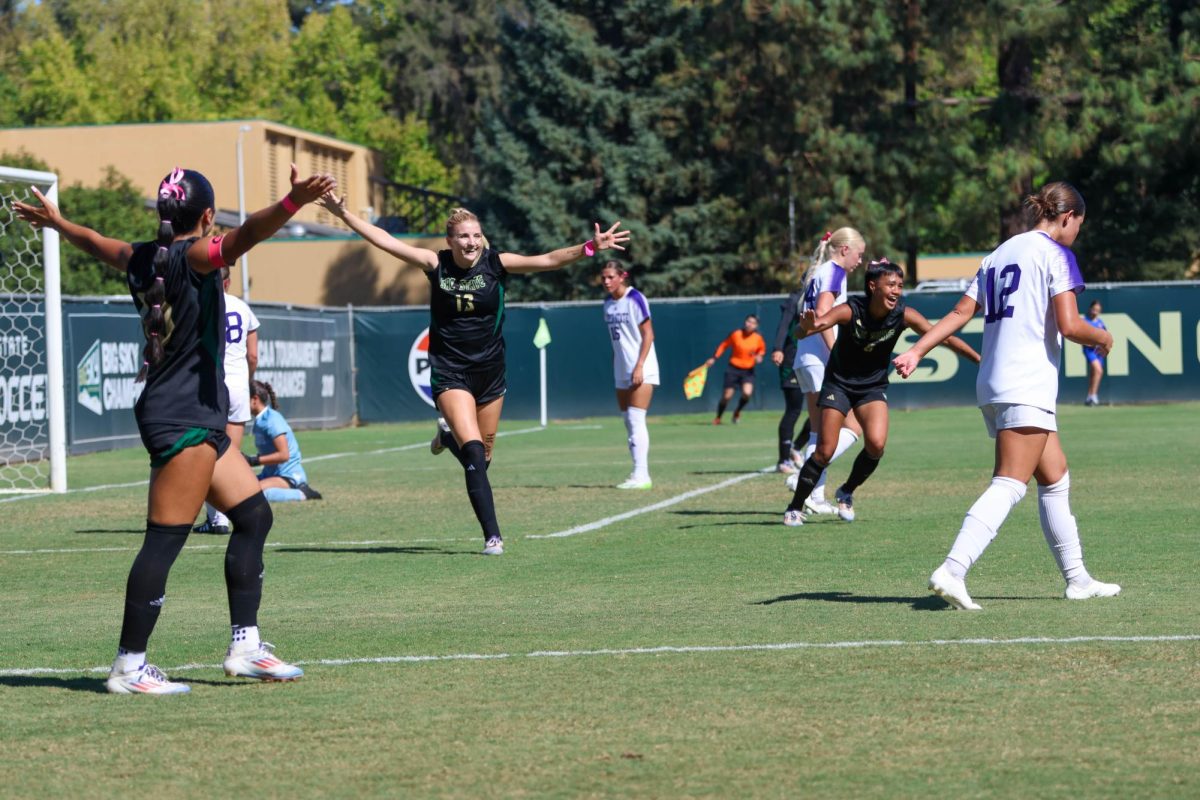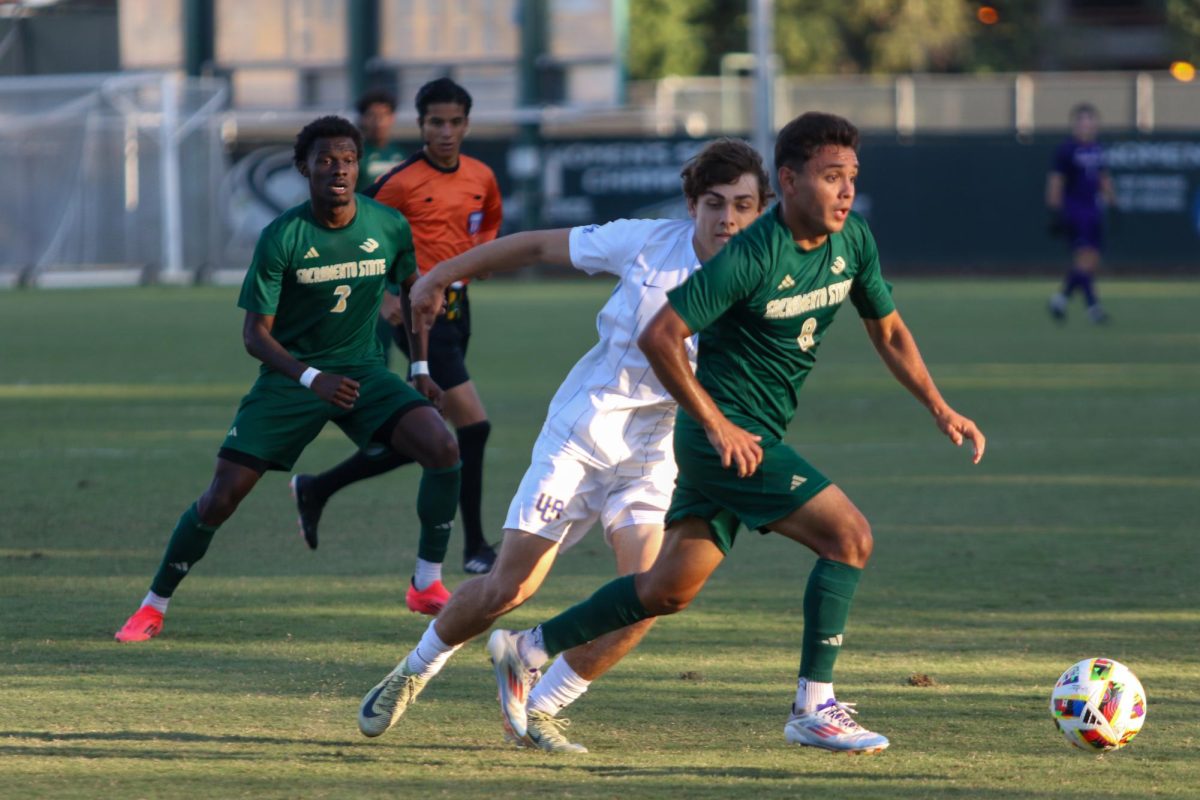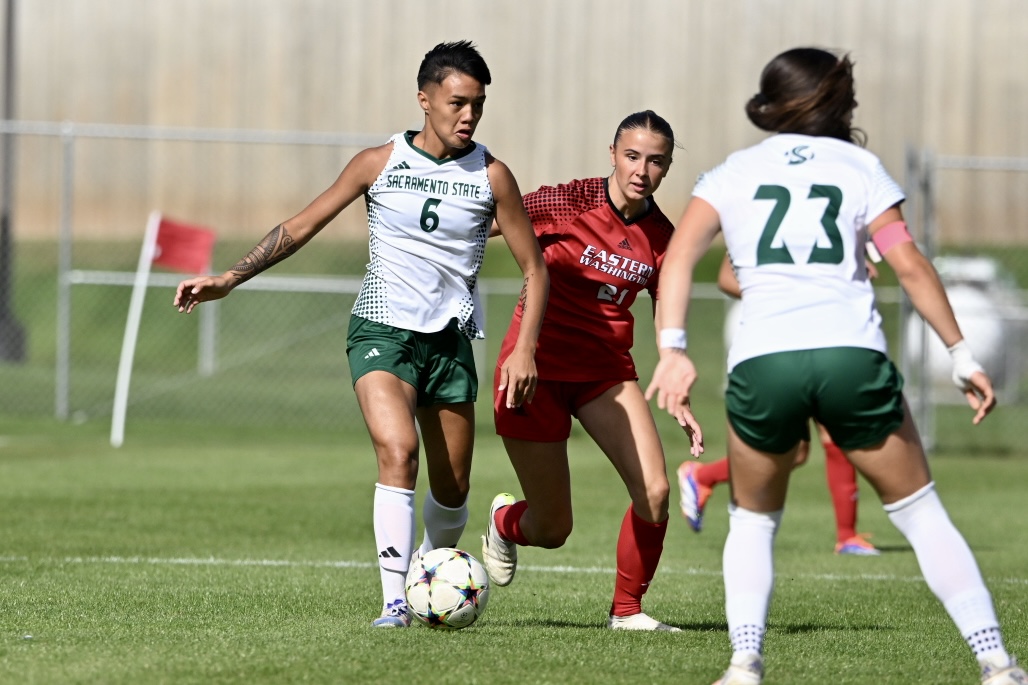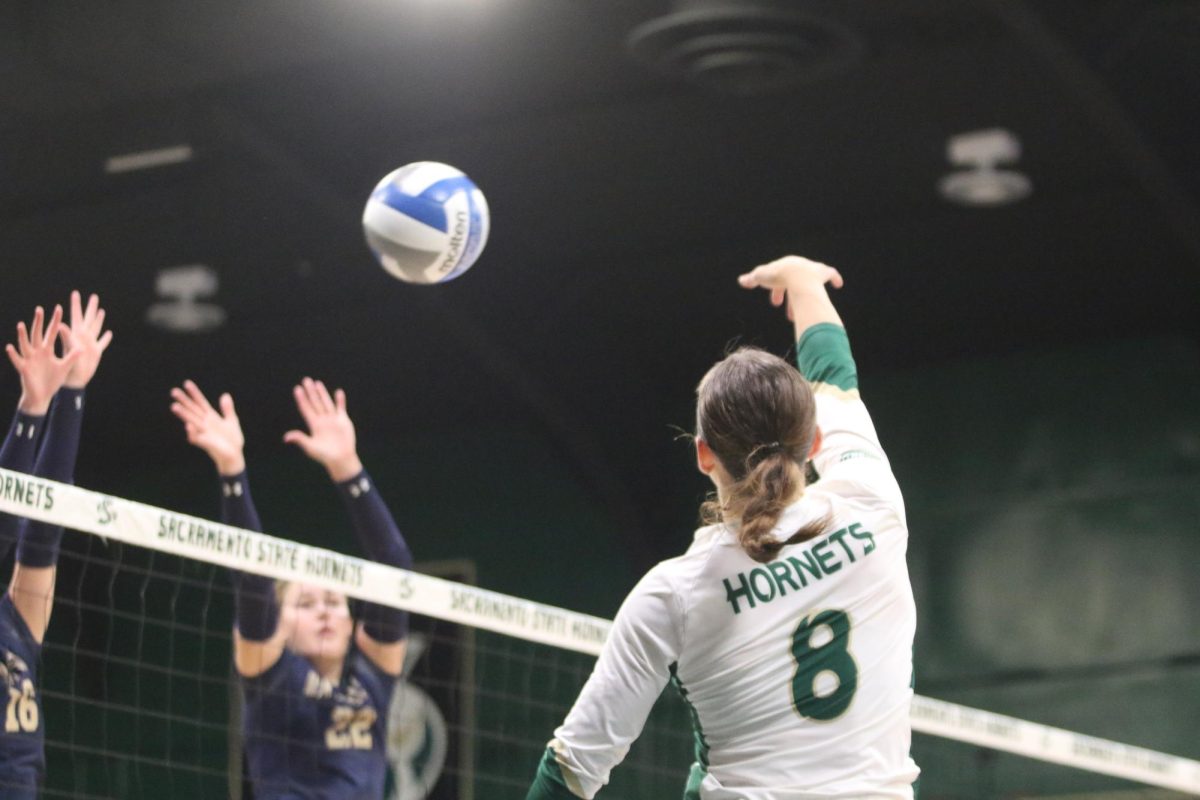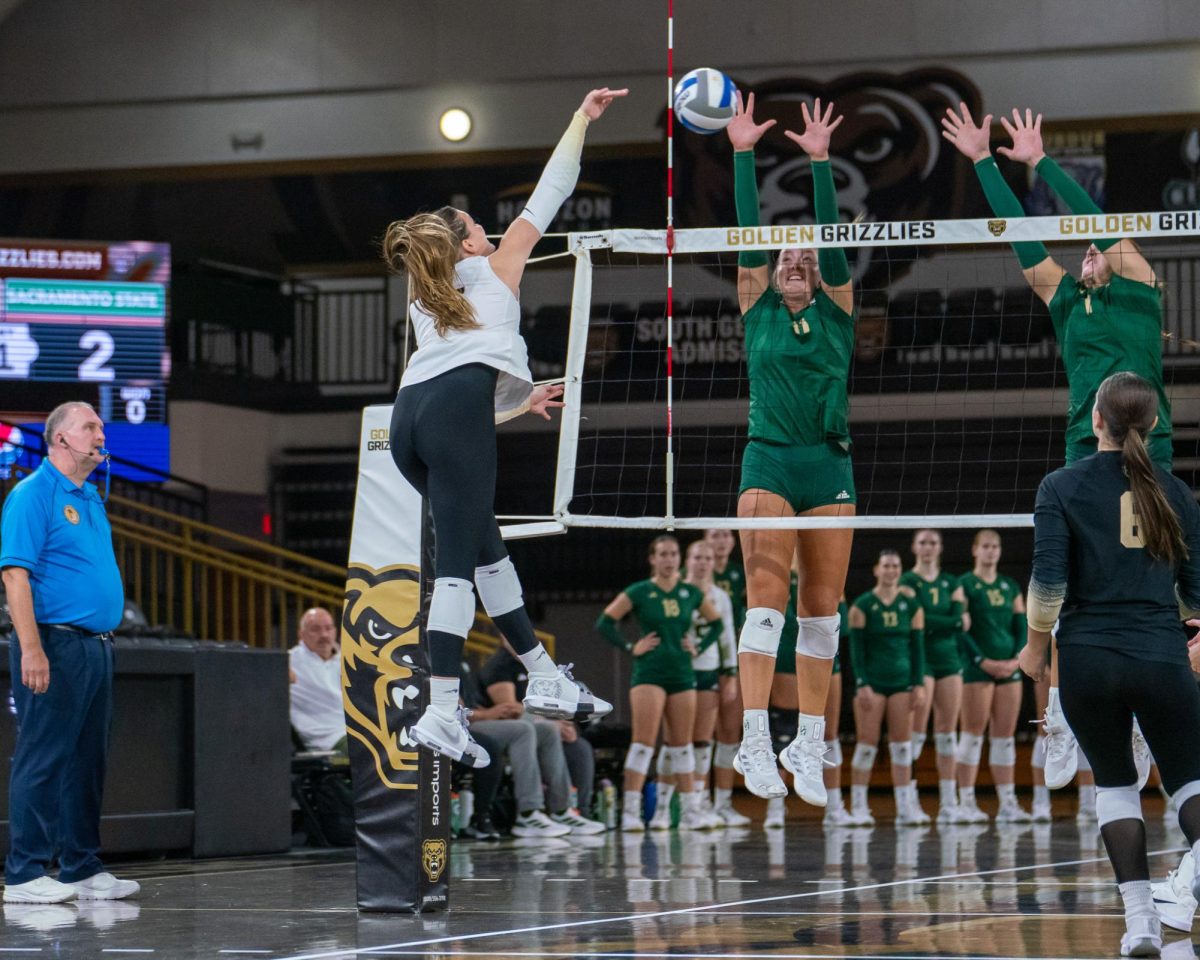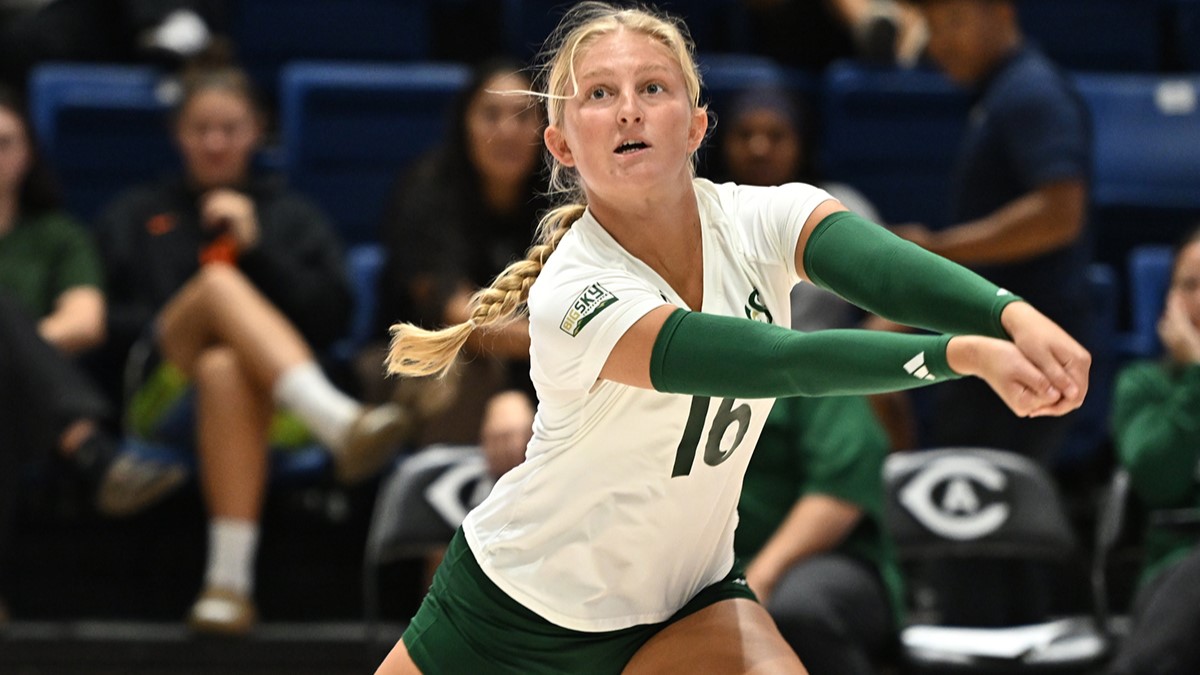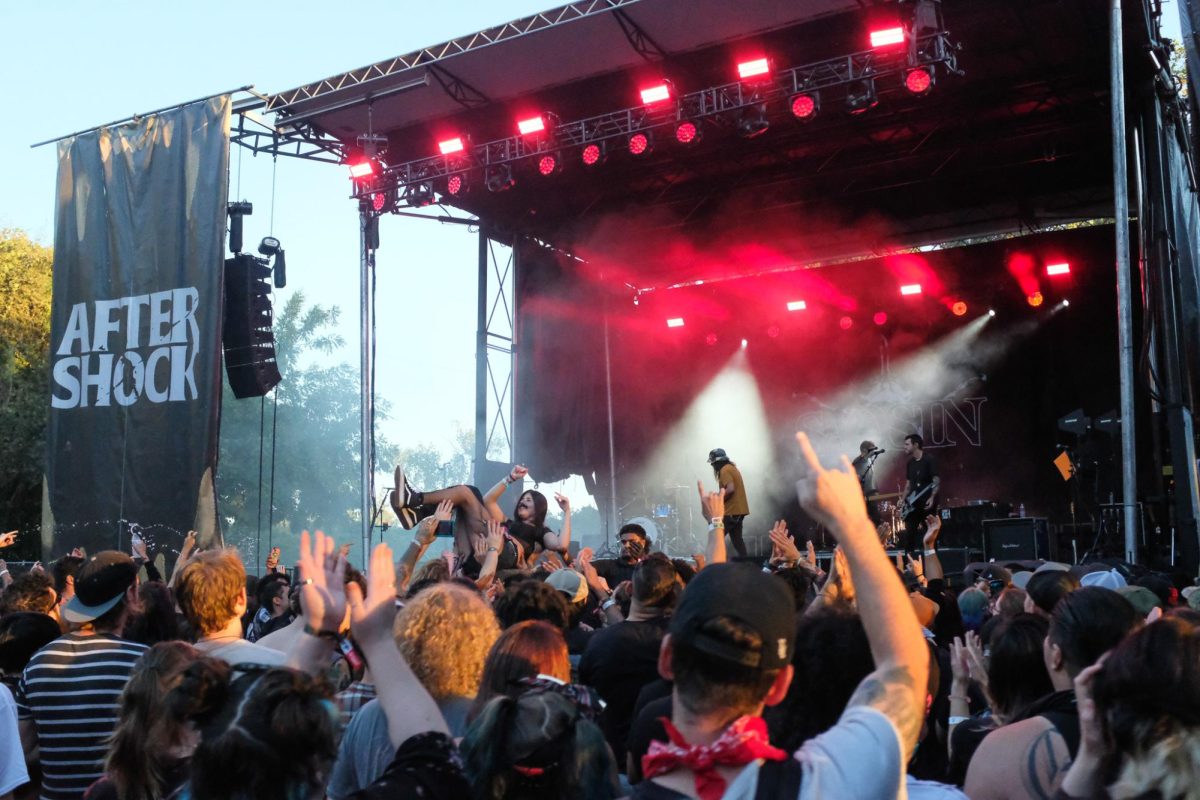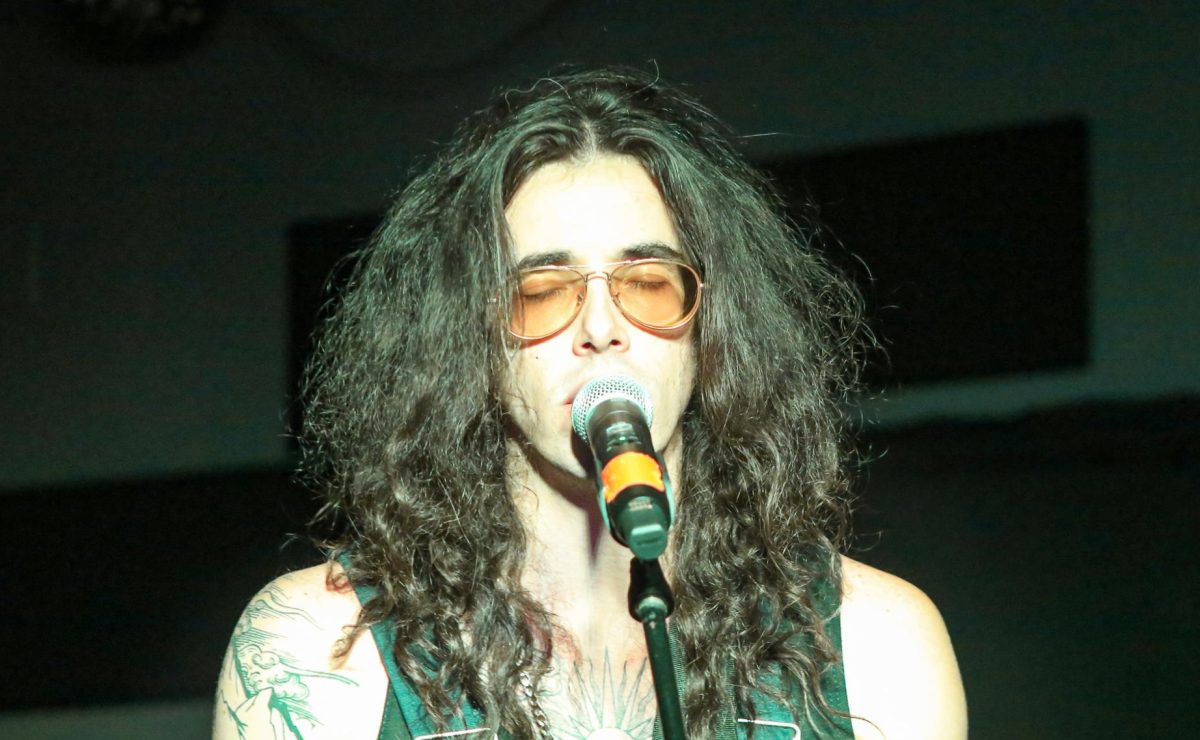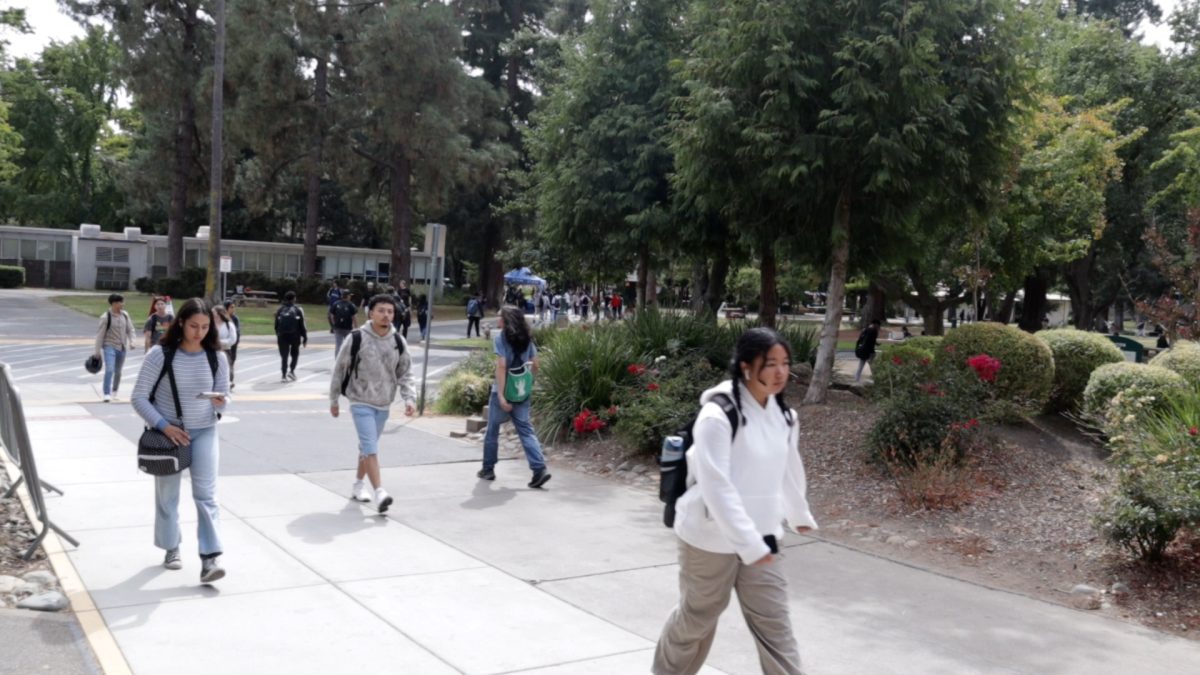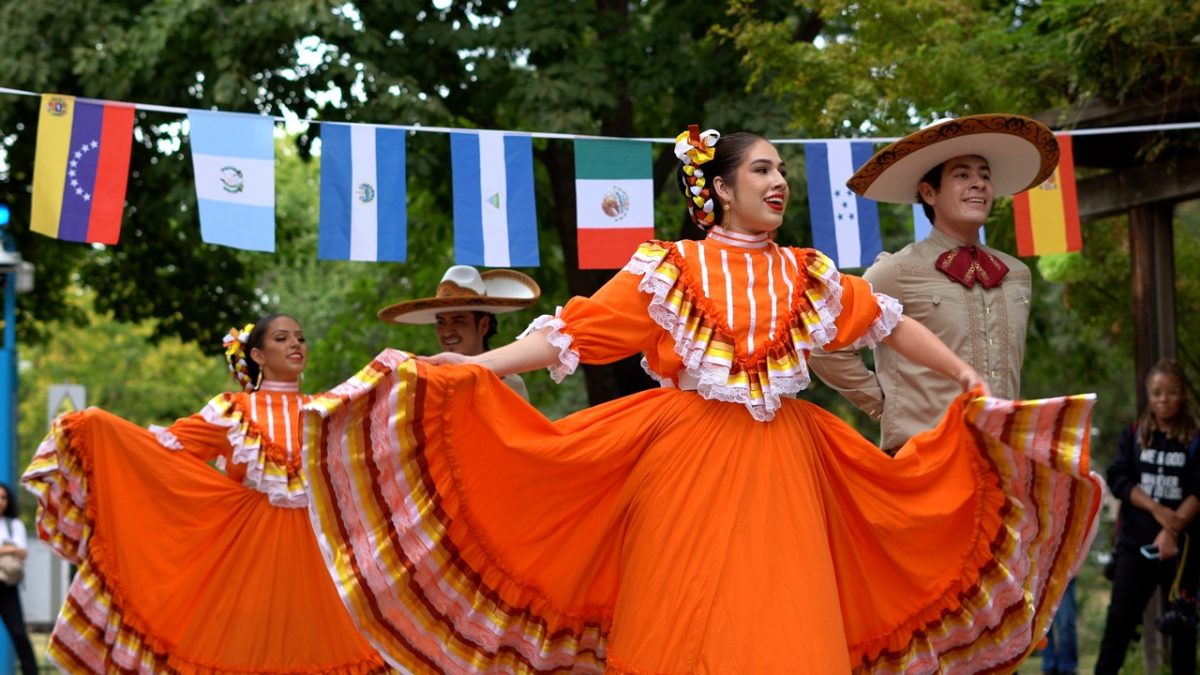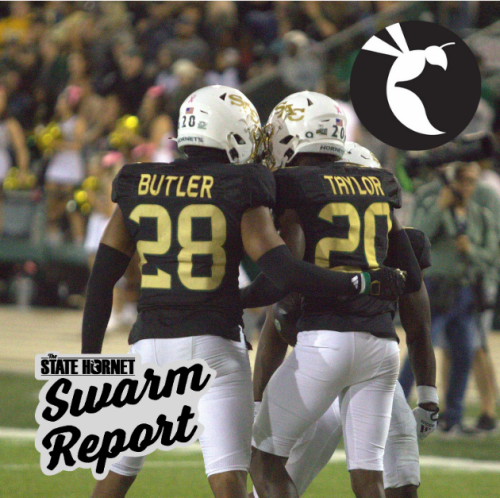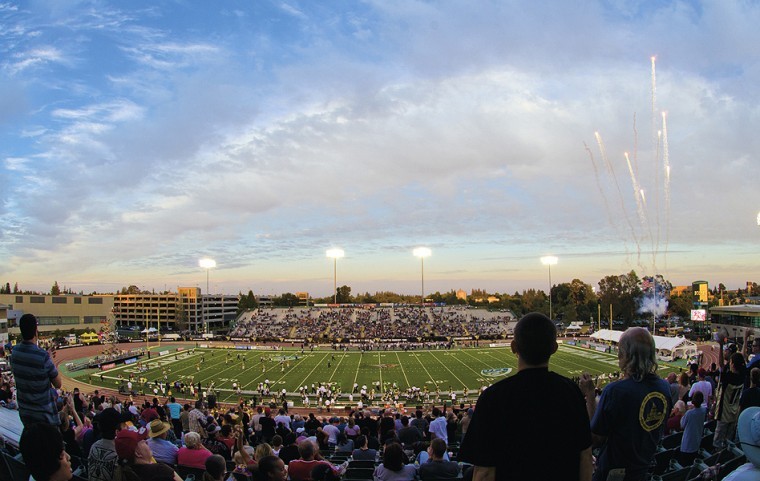Mountain Lions look to get new deal done with CSUS
October 26, 2011
Hornet Stadium is home to the Sacramento Mountain Lions, but the two-year, $300,000 contract the Mountain Lions signed with Sacramento State Athletics Department is in need of renewal.
The second year of the contract has almost passed and the two parties are individually beginning to reflect on whether or not a new agreement can be made.
“We have been told it will probably be after the first of the year before a final decision will be reached in that regard,” said Sac State Athletics Director Terry Wanless. “At this point there has not been any discussion at all regarding the future.”
That is because the Mountain Lions and the United Football League are in a state of financial turmoil. The league, which delayed the season a month and cut it by two games, will be seeing net losses this year.
Mountain Lions’ Senior Vice President Joe Wagoner said even the Mountain Lions, who led the UFL in attendance in 2011, is coming in with losses in profit, but the owners knew this would be the case from the beginning of the season.
“We need to add two to three games to make this thing profitable,” Wagoner said.
That is why the league is excitedly searching for new cities to install teams for the 2012 season.
Although they came up with losses in 2011, Wagoner explained that quitting is not what the Mountain Lions want to do because they are confident about the brand of football they are producing.
“We would love to come back to Sac State,” Wagoner said.
He said the UFL’s goal is to add a minimum of two teams.
The contract the two parties signed in 2010 was a huge help in installing the artificial turf in Hornet Stadium, Wanless said. Without the $300,000 boost from the Mountain Lions, Sac State would be without one of Wanless’ most prized achievements.
“We have the best field that’s sold in America,” Wanless said. “There are no field improvements that are out there.”
The Mountain Lions brought thousands of people to Hornet Stadium.
“What they do is bring thousands of people to your campus that maybe never come to your campus, don’t know what the campus is all about and have this image which may be negative,” Wanless said. “Now you get them onto your campus and they say ‘Wow this is really a nice place, so they change their attitude about your campus and we think there’s a huge value in that.”
Sac State athletics has benefited from this partnership in more ways than one. Wanless sees the new turf as more than a recruiting tool. The football program can now train year-round. And in years past, the natural grass surface of Hornet Stadium prevented Sac State from allowing outside entities to play on it because of the chance of field damage on a rainy day.
With the new turf the Athletics Department can allow for a professional football team and the Divison I high school football championships to play at the stadium. All of this brings visibility and revenue in for the university and Athletics Department.
In its two years in Sacramento, the Mountain Lions have never asked for or received any public funding. The Mountain Lions provide more than 630 jobs to community members, put millions of dollars into the local economy and, in the last six months, have made more than 1,200 community appearances to children’s hospitals, boy’s and girl’s clubs and at-risk youth programs.
The Mountain Lions’ “50/50” ticket program has helped local youth football teams and charities raise more than $75,000, Wagoner said.
AJ Taylor can be reached at [email protected].



